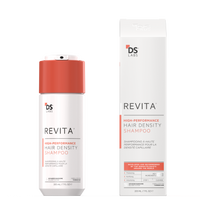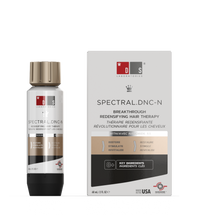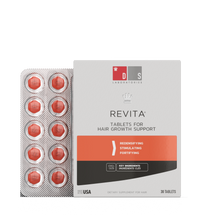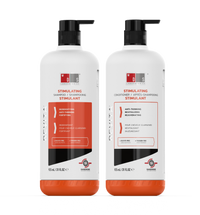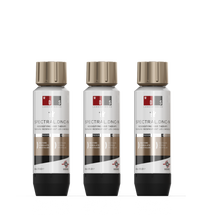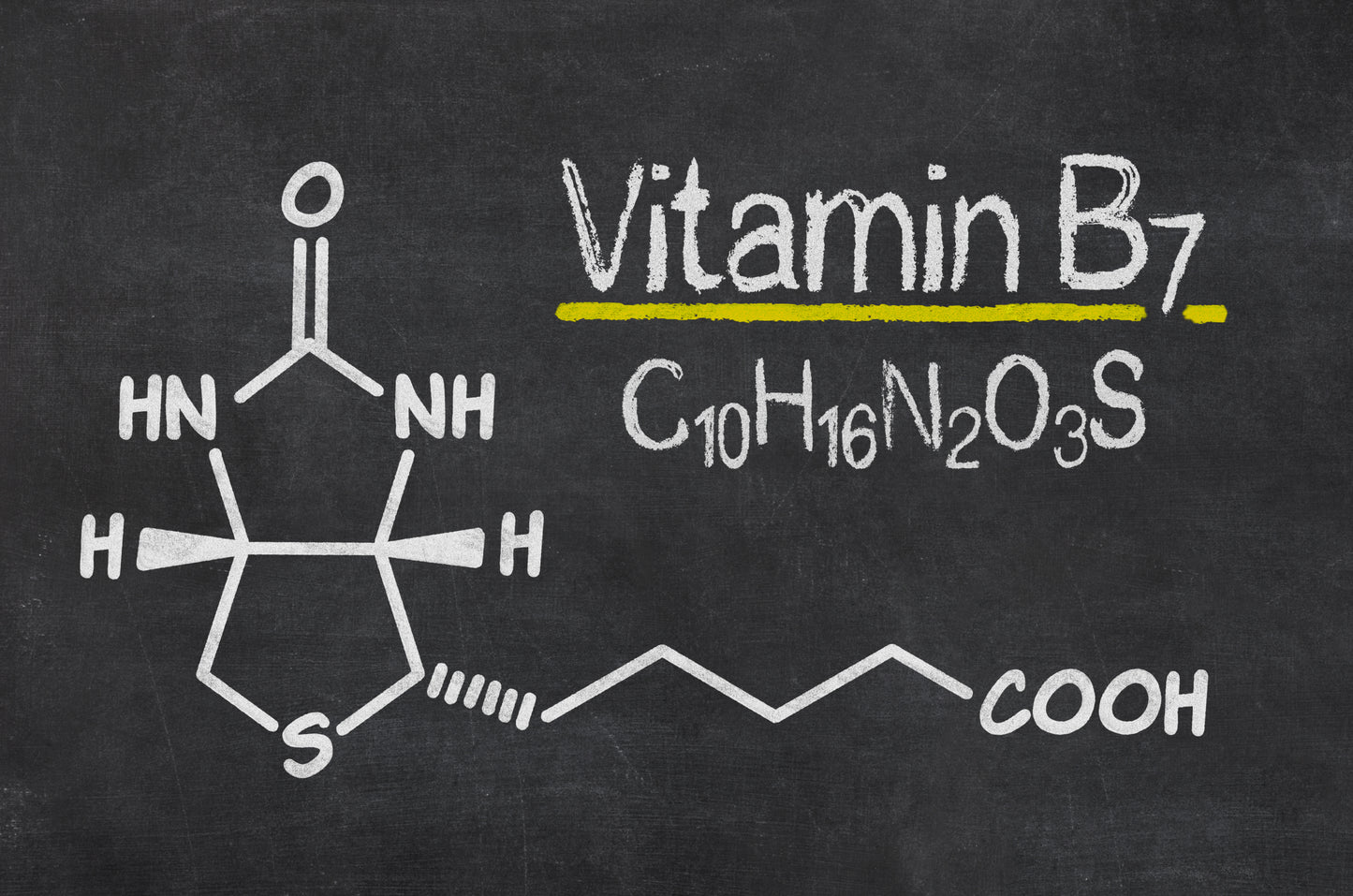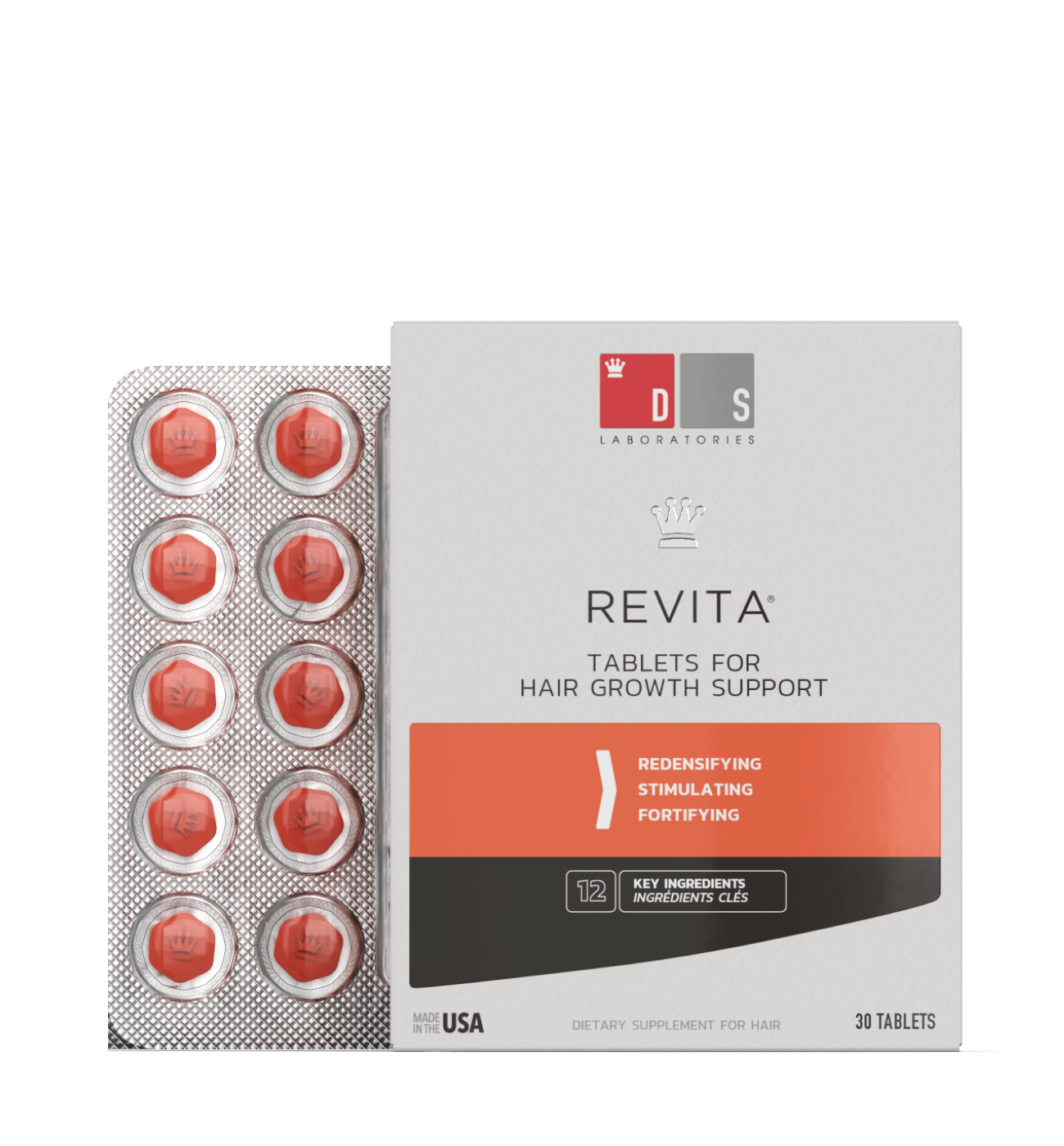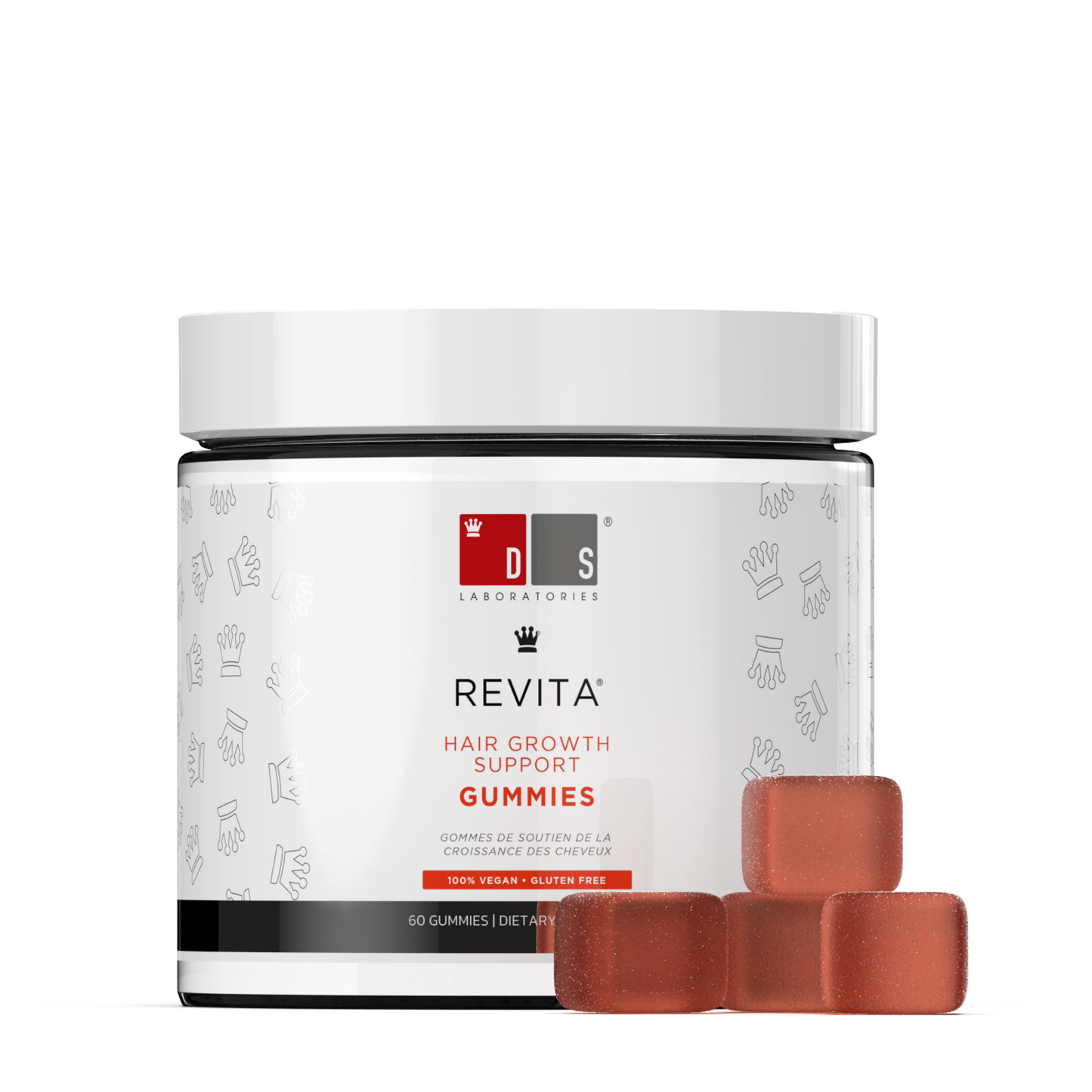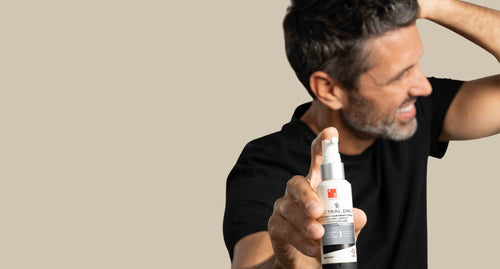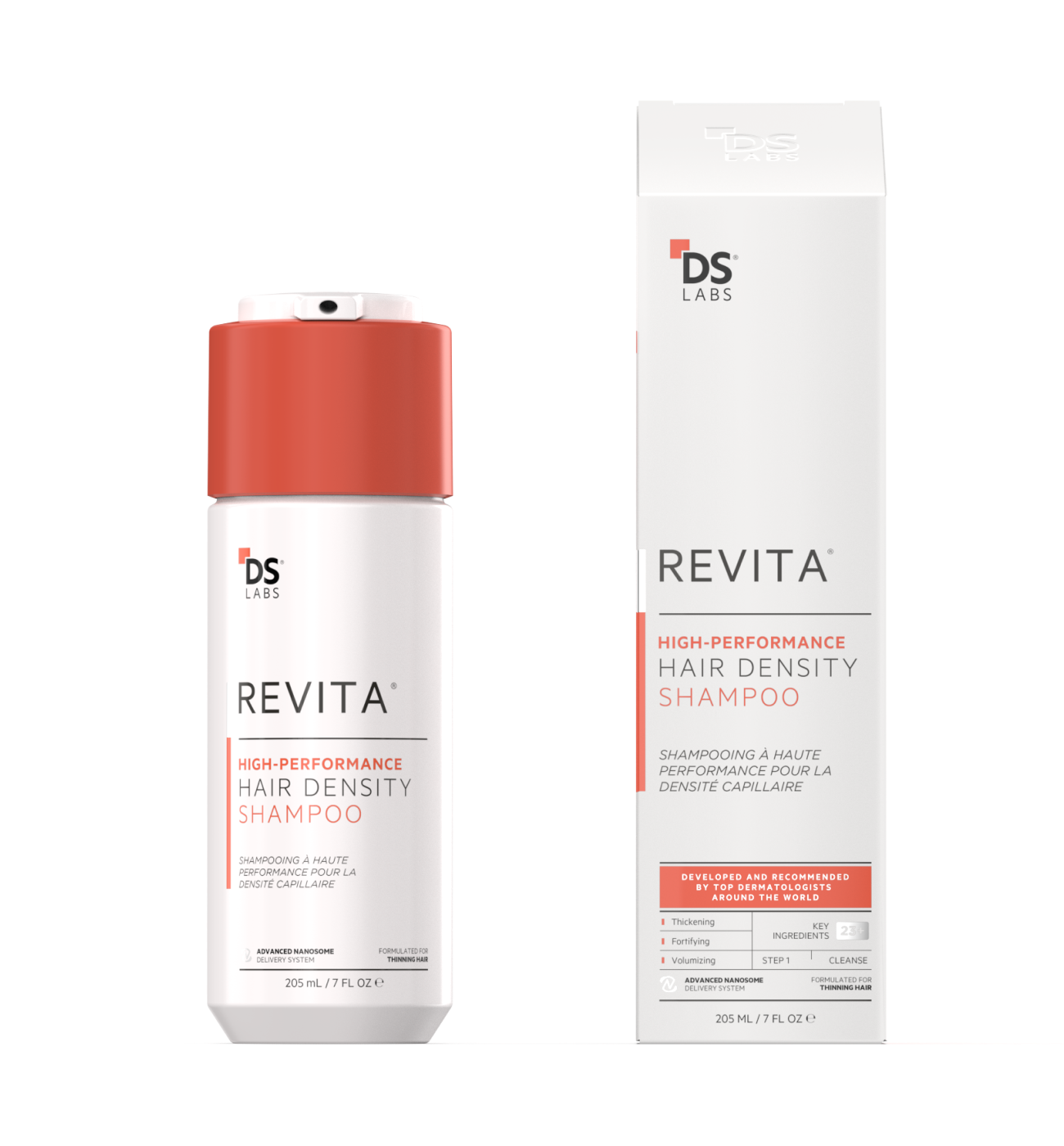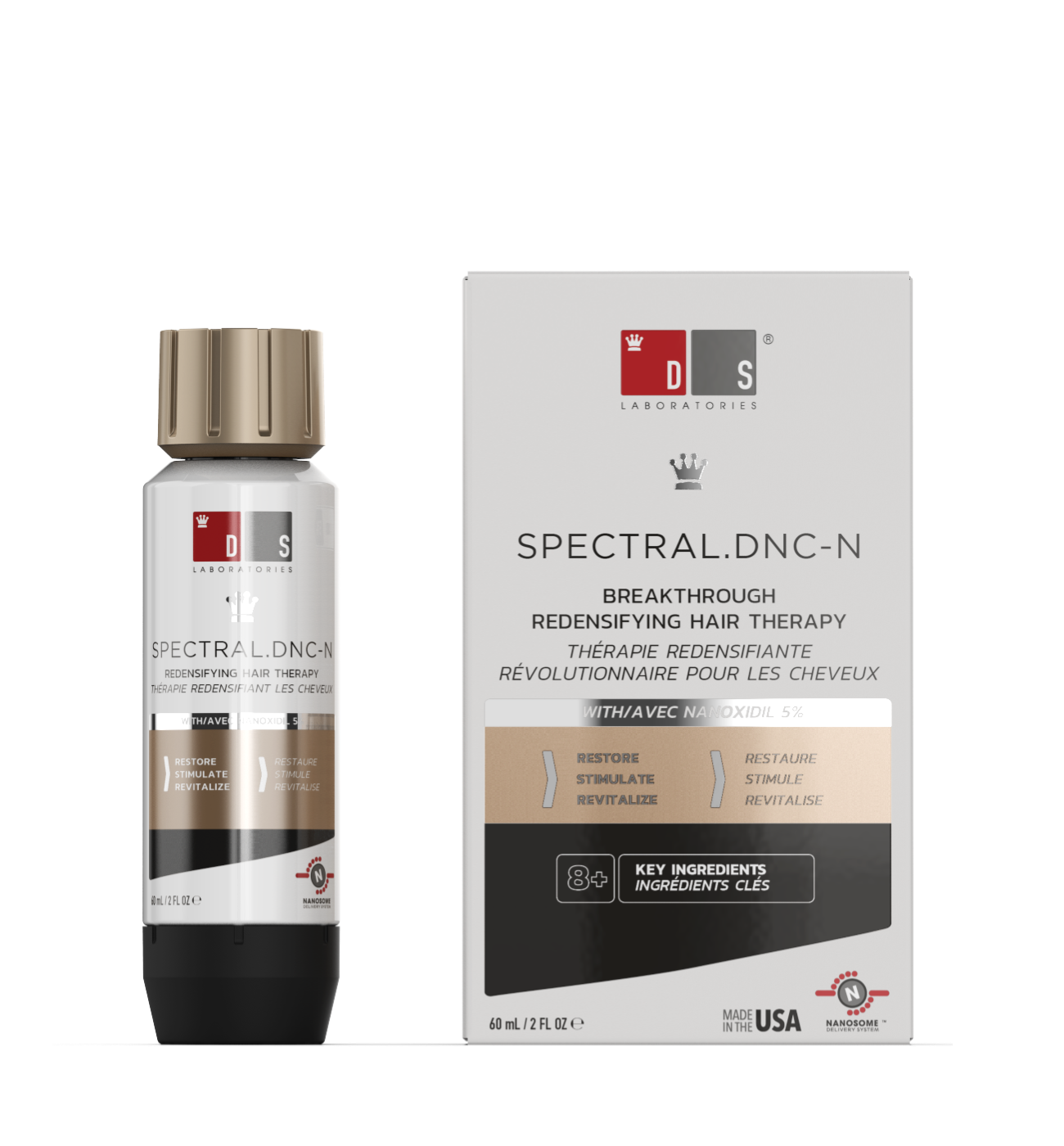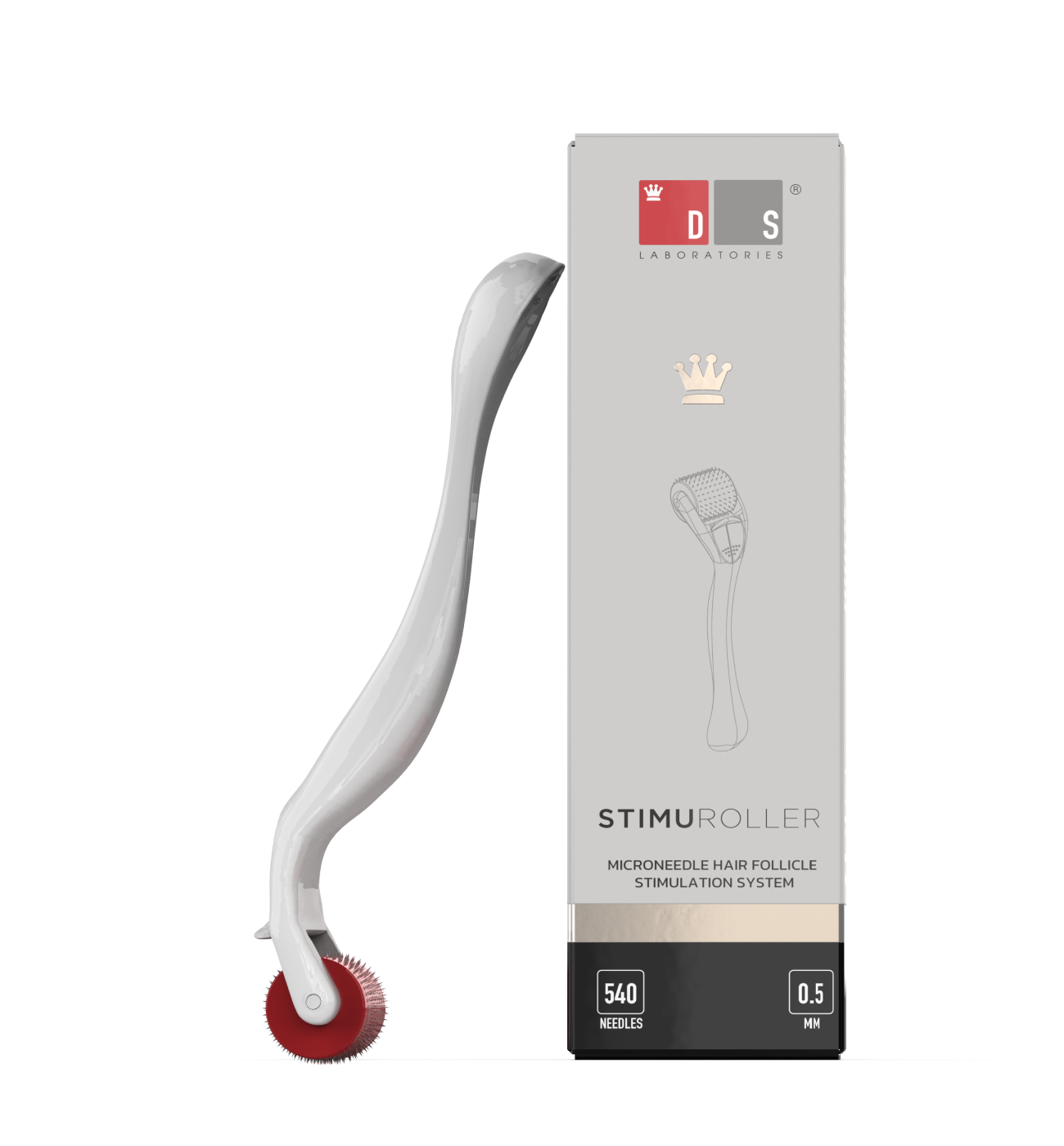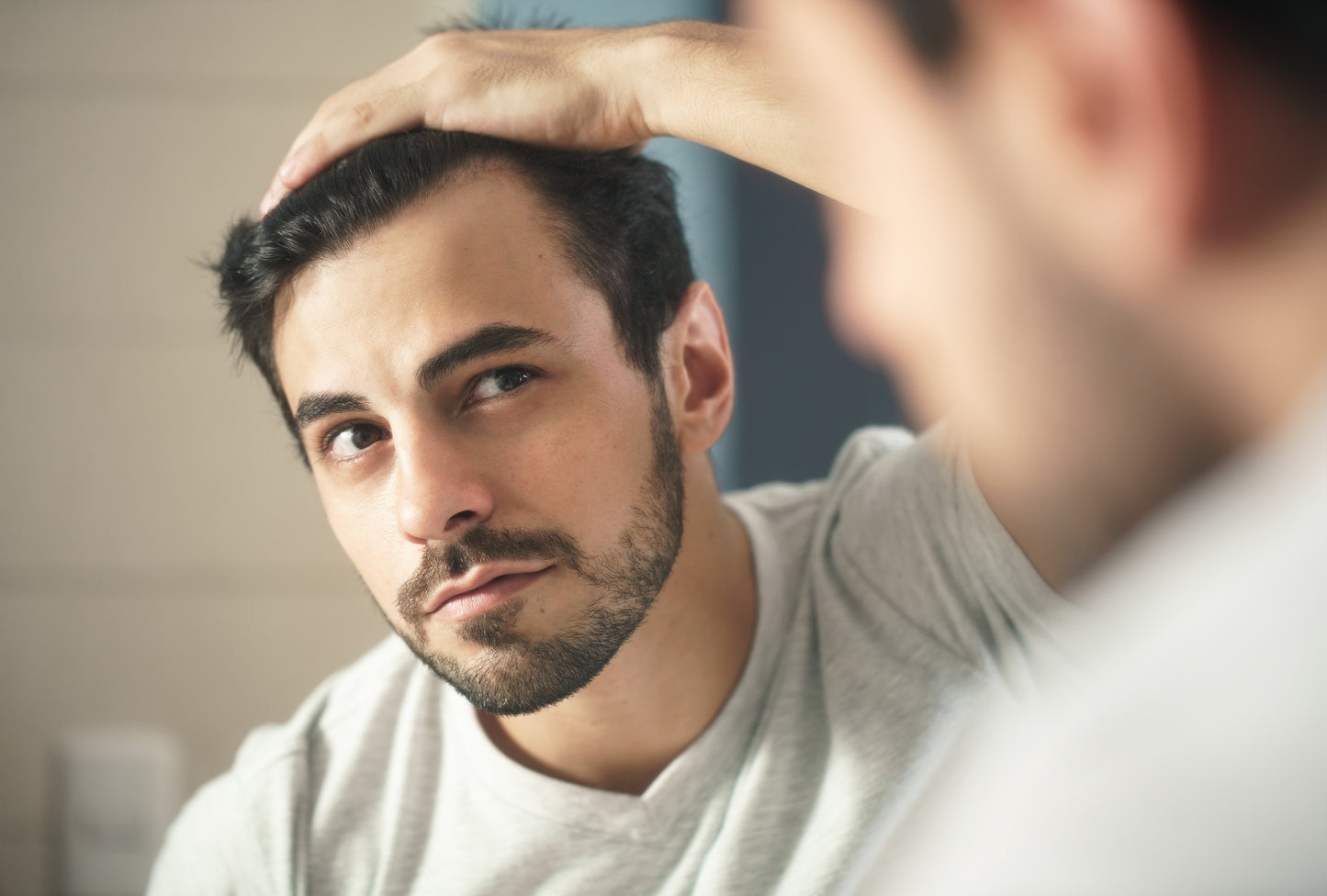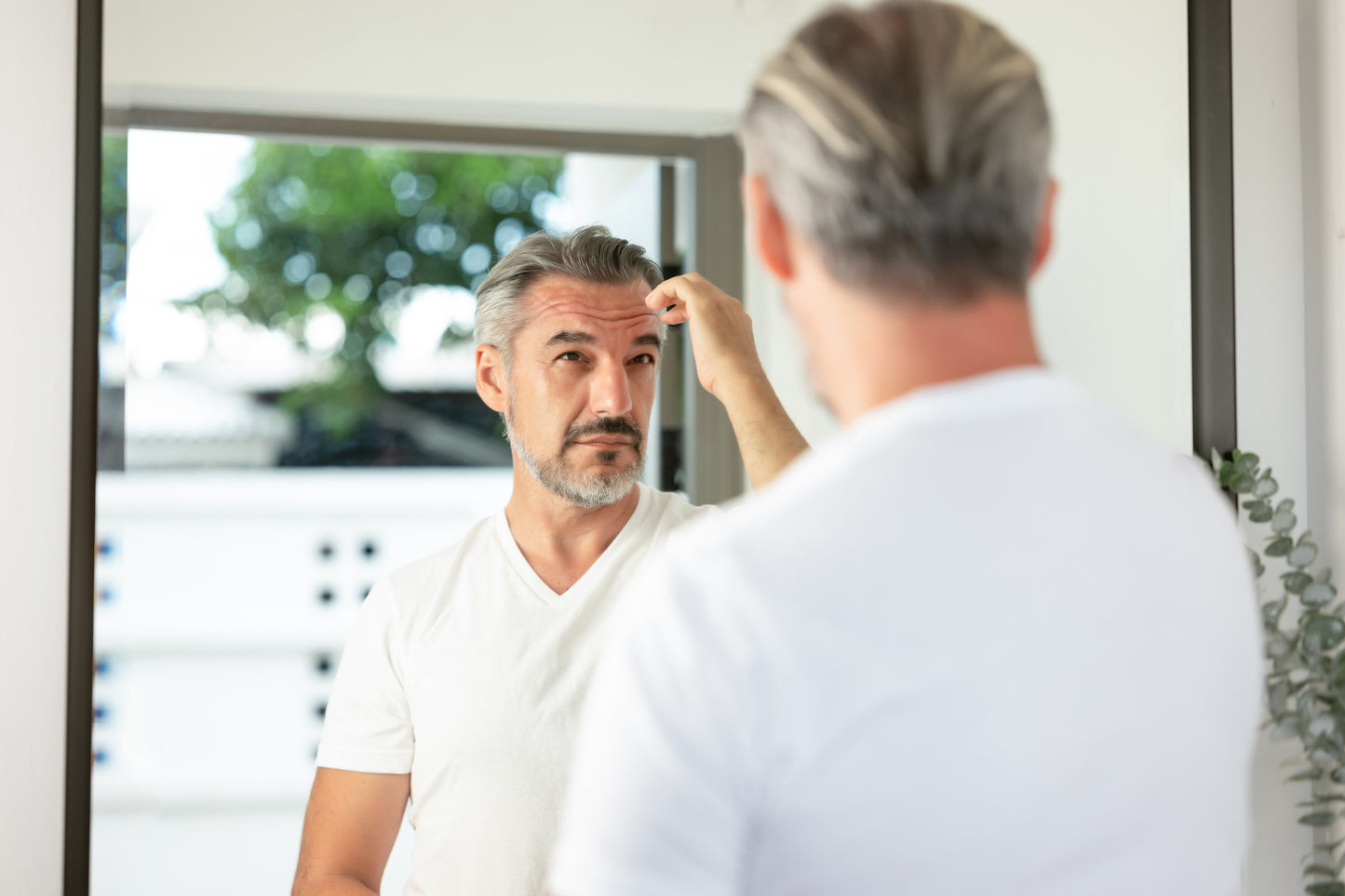Since addressing the underlying cause of hair loss is often the key to managing it, you might have considered various reasons for it like stress, diet, and aging. But have you ever contemplated a biotin deficiency? This essential vitamin can be found in many supplements and hair care products that claim to support hair growth.
What is biotin and is there any scientific backing for its role in promoting hair health? Here, we delve into these questions to help you uncover the truth about biotin and how it may or may not support the growth of healthy strands.
What Is Biotin?
Biotin, vitamin B7, or coenzyme R is a water-soluble vitamin. It is an essential nutrient that your body needs for smooth functioning. However, the human body can’t store it so you need to replenish its supply through diet or nutritional supplements.
Fortunately, biotin is present in many types of food such as eggs, fish, meat, seeds, and nuts. You can also ingest it through vegetables like spinach, sweet potatoes, cauliflower, and broccoli.
Note that you also don’t need high amounts of biotin in your body. The National Institutes of Health (NIH) Office of Dietary Supplements (ODS) recommends a minimum daily biotin intake of 30 mcg for adults. Usually, we get enough biotin from a regular healthy diet, so it’s rare for biotin deficiencies to develop.
In addition, our gut bacteria also create biotin naturally, but there isn’t enough research regarding its absorption.
Biotin is essential for converting fats, carbs, and proteins into energy. It also plays an important role in cell signaling, gene expression, and blood sugar regulation. We also need it for skin, nail, and hair health. Additionally, it promotes embryonic development, making it an essential nutrient for pregnant women.
What Science Says About the Role of Biotin in Hair Growth
Biotin is vital for the production of keratin, a protein in our hair, skin, and nails that keeps them healthy. Biotin deficiencies can lead to hair loss and thinning, skin rashes, and brittle nails.
Supplements and haircare products containing biotin are often touted as miraculous solutions for preventing hair loss and boosting hair growth. But there is limited scientific evidence to back these claims, especially among those who aren’t suffering from a biotin deficiency. Nonetheless, there are a few studies that support biotin’s benefits in terms of hair growth.
A 2012 study involved two groups of women with thinning hair. One group received a multi-ingredient supplement that contained biotin while the other ingested a placebo for six months. The group that received the biotin-infused supplement noted an increase in hair volume, thickness, and scalp coverage. Meanwhile, the placebo group didn’t see much change.
It’s important to note that the supplement given to the first group had other ingredients like iron and zinc which are also known to promote hair growth. So, the improvement they noticed can’t be credited to biotin alone.
Moreover, the study group was small. Possibly, some of its members were experiencing certain nutritional deficiencies that were corrected by the supplement. This might have led to an increase in hair growth.
Another experiment — this time involving children participants — shared that its subjects experienced more hair growth from consuming biotin supplements. This group had underlying medical conditions that led to biotin deficiencies.
Besides these two studies, there hasn’t been much research to support the use of biotin supplements or haircare products for hair health.
Can Biotin Stop Hair Loss?
The scientific link between biotin and hair growth may be limited but there is also evidence regarding biotin deficiency and hair loss.
In a 2016 study, 38% of women experiencing hair loss had biotin deficiencies. Among them, 11% had biotin deficiency risk factors like the use of antibiotics and inflammatory bowel disease (IBD).
The study did not delve into the impact of supplements and hair products containing biotin on hair loss but it still established an association between biotin deficiency and hair loss.
Note that hair loss and thinning have other causes too such as other nutritional deficiencies and hormonal imbalances. So, consuming biotin supplements without identifying the underlying cause of hair loss can be futile and may only delay or prevent proper treatment for those who don’t have a deficiency.
Sometimes, even if a person is biotin-deficient, supplementing with biotin may not help regrow hair, especially if there are other factors contributing to hair loss.
Conclusion
Scientific research regarding biotin supplementation and hair growth is limited, however, the few studies that have been conducted show a link between the two. If you have a biotin deficiency, consuming biotin supplements or the topical application of products infused with biotin may help promote thicker, stronger, and more voluminous hair.
However, it’s also important to rule out other medical conditions that may be causing hair loss like hormonal diseases and pattern baldness. This will help you receive more targeted and effective treatment.

